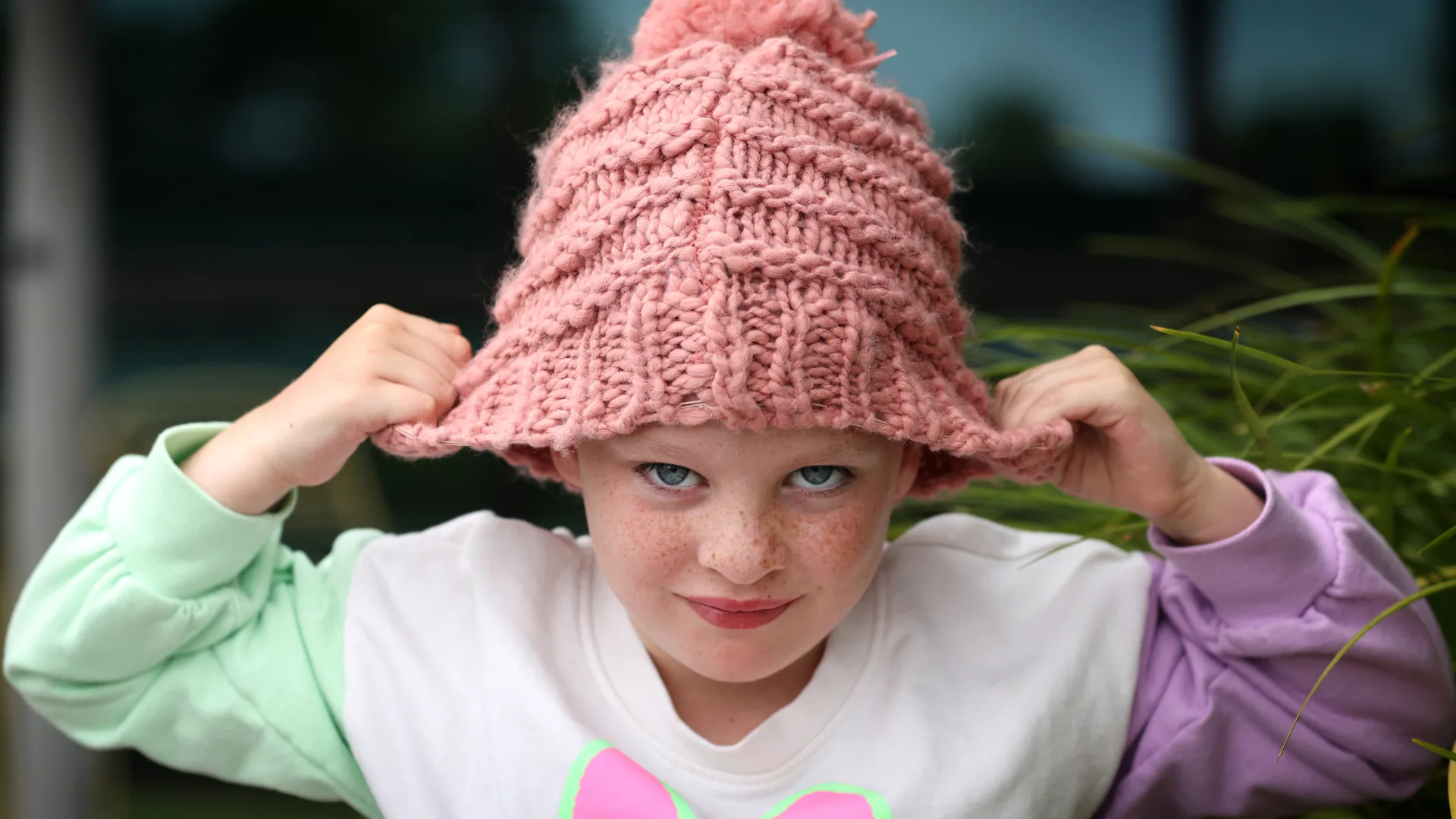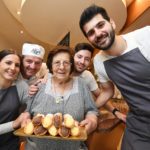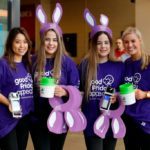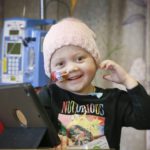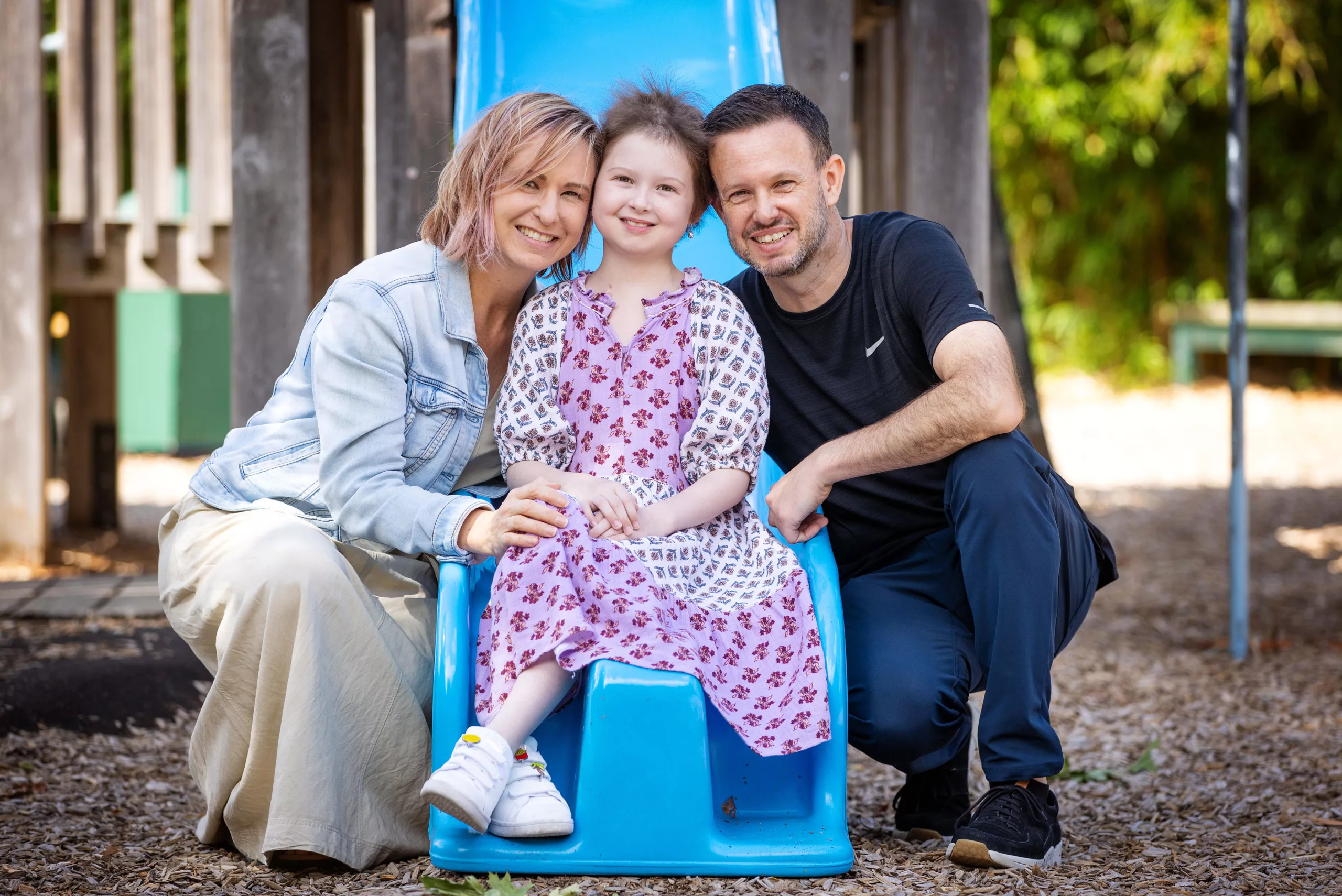
Imogen marks her medical milestone
A YEAR to the day since she was diagnosed with leukaemia, nine-year-old Imogen was determined to celebrate.
A YEAR to the day since she was diagnosed with leukaemia, nine-year-old Imogen was determined to celebrate.
Proud mum Shannon said her “amazing” daughter did not want to see this week as a sad anniversary, but instead a milestone that marks a year of courage for a child who was terrified of medical procedures.
“The pain in my heart by seeing our daughter suffer so much was extremely intense, it was so physically painful,” she said.
“I’m just in awe of how much she’s overcome and she’s matured way beyond her years.”
Imogen agreed she had a new-found confidence and said she was “excited to ring the end of treatment bell” next year.
“Before I was diagnosed, I was very shy,” she said.
She has 19 months left of her 2½-year treatment plan but, with the most intensive stage now over, she has returned to school and can receive treatment in the hospital’s day clinic, allowing her to go home to her parents and her puppy. It is all thanks to the incredible team at the Royal Children’s Hospital, but also everyday Victorians.
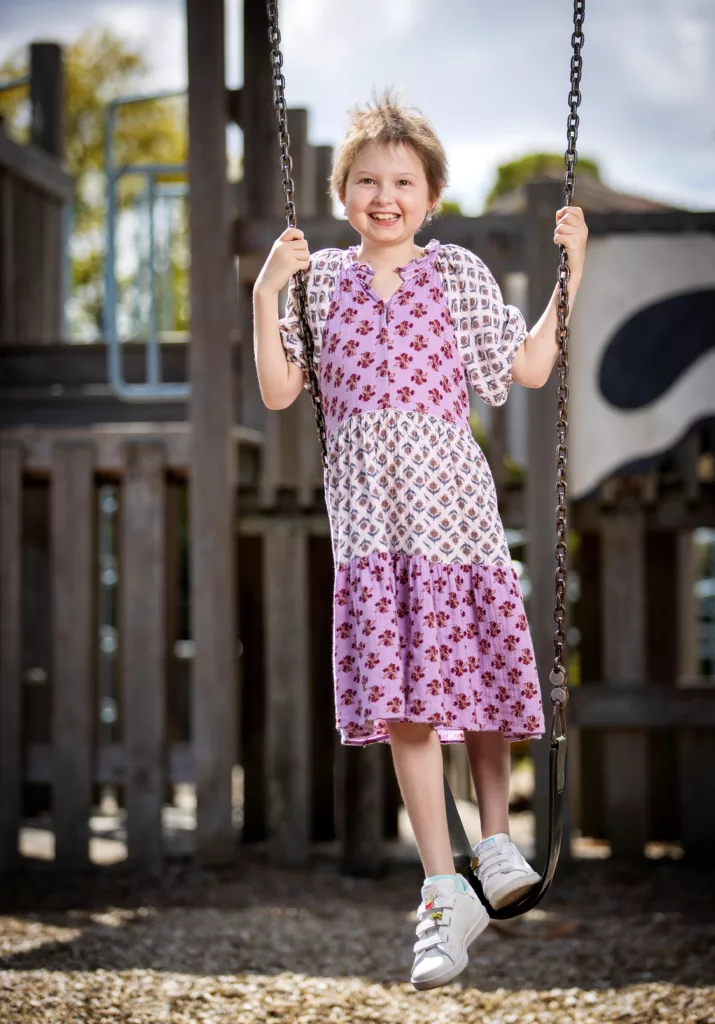
Anyone who has ever dropped loose change into a tin, tried their luck at the GFA raffle or laced up their shoes for Run for the Kids may have been one of the Victorians whose dollars helped the Royal Children’s Hospital join a promising international trial.
Imogen is one of 53 RCH patients undergoing a new, individualised treatment protocol after their samples were sent to the US and analysed by the renowned St Jude Children’s Research Hospital.
RCH Children’s Cancer Centre clinical nurse Grace Heffernan told the Sunday Herald Sun it was “amazing” to see Imogen back to “doing the things she loves”.
She said most of the drugs involved in the TOTAL Therapy Study XVII trial, open to children with certain types of acute lymphoblastic leukaemia or lymphoblastic lymphoma, would be familiar to past patients. But it was their specific combination and use – tailored to the genetics of a patient’s cancer – that was new and hoped to both reduce the toxicity of treatment and relapse rates. “We’re not using a one-size-fits-all approach anymore,” Ms Heffernan said.
She said initiatives like the Good Friday Appeal helped fund access to trials so the “promising results” could reach beyond the initial 53 children currently receiving treatment.
Shannon said they felt “very blessed” to be part of the trial, which had not been available in Australia before the RCH launch.
Originally published in the Herald Sun, Sunday, 12th, March, 2023
Words: Sarah Booth
Pictures: Mark Stewart



